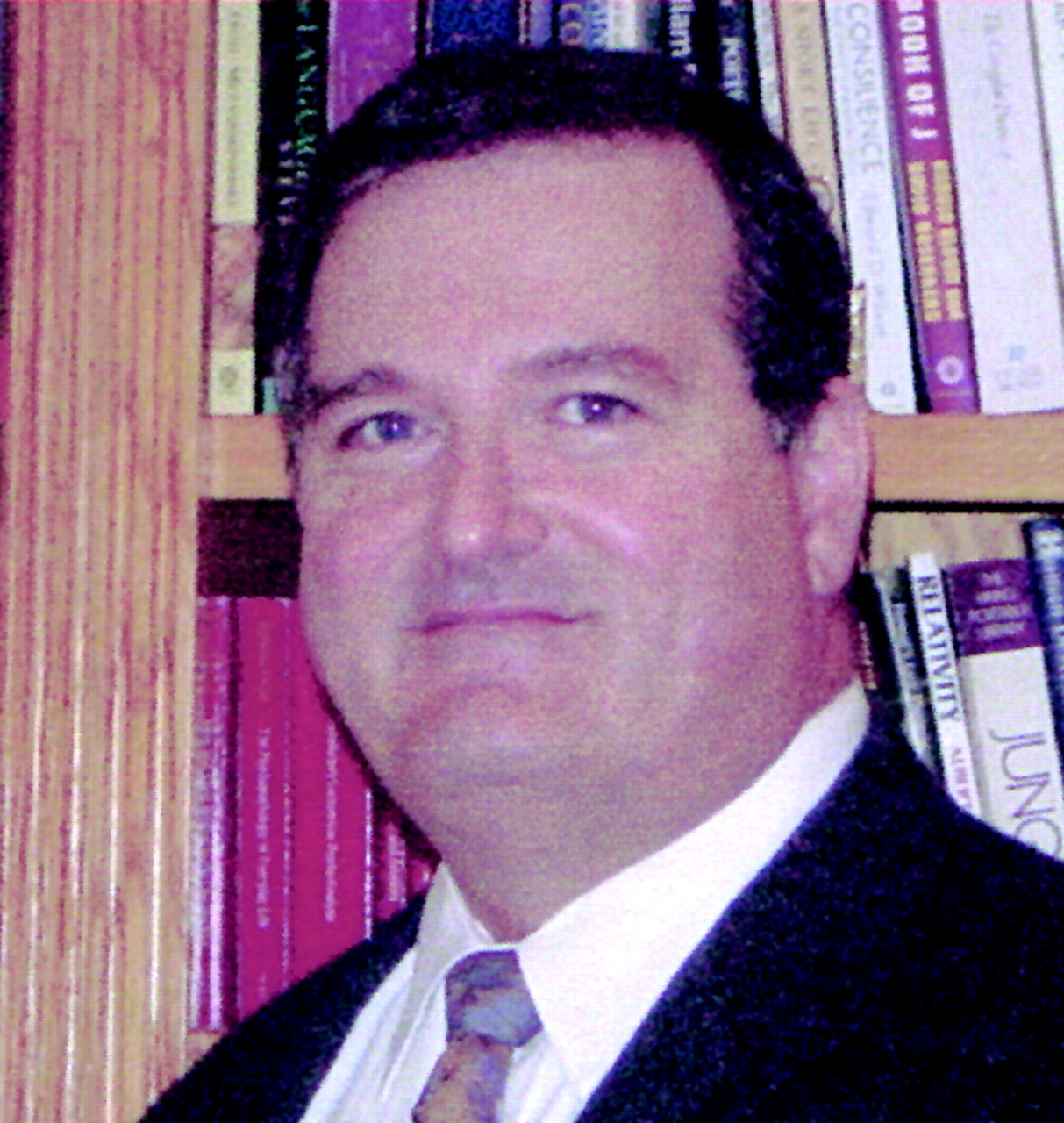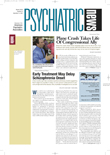The sniper attacks in Maryland, Virginia, and Washington, D.C., last month dramatically increased the stress level among residents of those areas.
James Dee, M.D., a psychiatrist in the Alexandria, Va., area and past president of the Washington Psychiatric Society (WPS), said in an interview that he saw “an increase in the number of calls for appointments and in the complaints of somatic symptoms [during the sniper attacks]. I have hospitalized one patient so far because of increased stress related to the sniper attacks.”
Physicians who live in the Washington, D.C., area also felt vulnerable during the sniper attacks, said Dee. “A colleague told me she stooped low when filling her gas tank. Other colleagues and I used gallows humor to help cope with the situation.”
The number of calls to local mental health hotlines increased during the shootings, which began October 2 and ended October 22. In the District of Columbia, the calls increased from 106 to 128 a day, according to an article in the October 17 Washington Post.
District Branches Respond
WPS, which includes members from the District of Columbia and its suburbs in Virginia and Maryland, helped residents cope with the recent sniper shootings. A “Coping With Stress” section was created on the WPS Web site with links to several mental health resources. These included tips for parents on helping their children cope, information about crisis hotlines and centers, and the Kopolow Trauma Scale, a self-assessment rating tool for posttraumatic stress disorder (PTSD).
The Maryland Psychiatric Society (MPS), based in Baltimore, created links to several resources on its Web site last month to help residents cope with the sniper shootings. The materials focused on PTSD, children and grief, and coping with disaster.
MPS distributed a press release to the media last month to educate the public about psychiatric symptoms that might arise due to the sniper attacks, including bereavement associated with the loss of a loved one, heightened anxiety, and stress.
The press release stated that people seeking psychiatric care could find referral information on the MPS Web site or call MPS directly. It also said that member experts were available to talk to the media “to help educate the public about mental illnesses germane to these heinous crimes.”
APA Responds
An article titled “The Mind of the Murderer” by APA President Paul Appelbaum, M.D., was published two weeks into the sniper attacks, on October 15, in the opinion section of the Washington Post. Despite the abundance of theories about the sniper’s motivations, “the truth is that no one knows. The murders of the last two weeks fit no usual pattern of inflicted death. They are too neatly carried out for most psychotics, whose acts of violence tend to be impulsive and not easily disguised, given the confusion and disorganization so characteristic of those illnesses,” wrote Appelbaum.
“This fear, the one that permeates the lives of Washingtonians, is worse than most because of the unpredictability of the threat. . . . If we had a theory, at least we would know what to avoid. But we don’t. So the search for motives is being pursued as aggressively as the search for the killer.”
He concluded, “Uncertainty is difficult to accept. But sometimes humbly acknowledging the limits of our knowledge is truly the best we can do. This is one of those circumstances. What motivates the sniper? I don’t know, and neither does anyone else.”
Talking With Children
Further, APA released information to the media offering suggestions on how parents and other adults could approach discussing the sniper threat with children. The document was prepared by David Fassler, M.D., an APA trustee-at-large and a child and adolescent psychiatrist in Burlington, Vt.
“Children who are constantly preoccupied with questions about snipers or terrorism should be evaluated by a trained and qualified mental health professional,” Fassler advised. “Other signs that a child may need additional help include ongoing trouble sleeping, intrusive thoughts, images or worries, or recurring fears about death, leaving their parents, or going to school. . . .
“Fortunately, most children, even those exposed to trauma, are quite resilient. Like most adults, they will get through this difficult time and go on with their lives. However, by creating an open environment where they feel free to ask questions, we can help them cope and reduce the risk of lasting emotional difficulties.”
The text of Appelbaum’s Post article is posted at www.washingtonpost.com/wp-dyn/articles/A25453-2002Oct14.html. WPS’s “Coping With Stress” section is posted at www.dcpsych.org/section_coping.htm. MPS resources are posted on its Web site at www.mdpsych.org/~mdpsych. ▪

